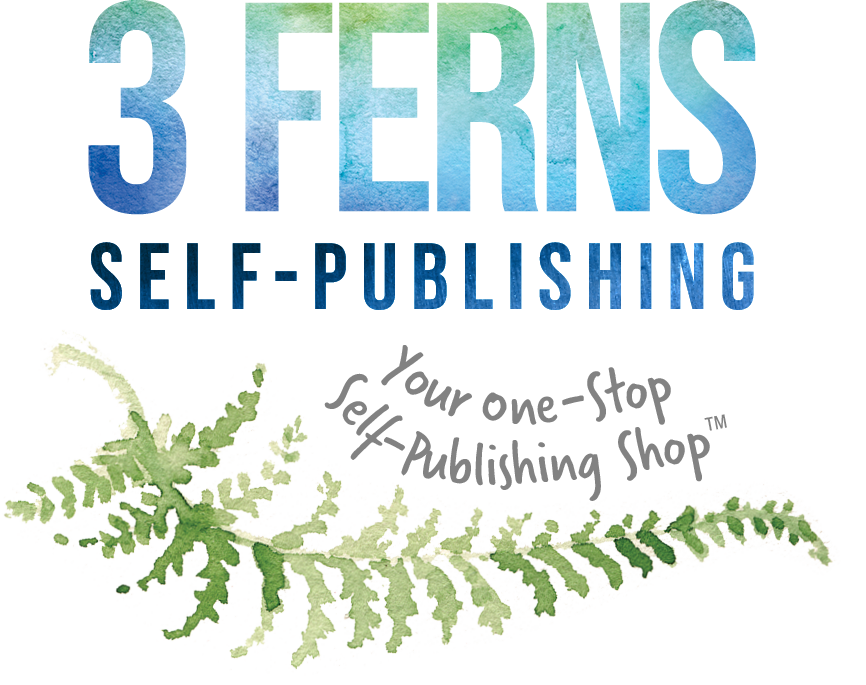As authors, we spend a lot of time crafting and perfecting our stories, but once the book is published, another challenge starts: getting it into the hands of readers.
It’s easy to assume that the work stops once your book is published, but we are in the digital age, and making your book discoverable is just as critical as the writing itself.
Enter metadata—the unsung hero of book marketing. It may sound technical (and it kind of is) but when used correctly, it’s a powerful tool that can drastically improve your book’s visibility and sales.
What exactly is metadata?
Think of it as “data about data”. It’s essentially like tagging your product, in this case your book, so that it doesn’t get lost in all the information out there online.
It’s everything that helps online retailers and search engines categorize, display, and recommend your book. This includes details like your book’s title, author name, description, keywords, and categories. Done right, metadata can turn your book into a best-seller, ensuring that it surfaces when readers are looking for exactly what you’ve written.
Stand apart: Why metadata matters
With so many readers discovering books online, metadata is critical to your book’s visibility. When readers search for a particular type of book—whether it’s a cozy mystery or a self-help guide—platforms like Amazon use metadata to match search terms with books. By optimizing your metadata, you’re ensuring that your book appears in relevant searches, helping you connect with the right readers.
Core vs. enhanced metadata
Now, metadata isn’t just words that you can type out as you please. It comes in two primary forms: core and enhanced.
Core metadata includes essential details such as your book’s title, author name, and ISBN. While this is necessary, enhanced metadata is where the magic happens. Enhanced metadata includes marketing-driven information like the book’s description, keywords, author bio, and reader reviews. It’s important to find the balance of having keywords that get to the essence of your book perfectly, while also knowing what keywords your potential readers might be looking for. When you find the right words, you can set your book apart!
Optimizing your metadata
Now that we understand why metadata is important, let’s talk about how to optimize it effectively. Your goal should be to make your metadata as relevant and engaging as possible.
The importance of keywords
Keywords will guide potential readers straight to your book. If your book is about managing anxiety, your readers might be searching for phrases like “anxiety self-help” or “stress management tips.”
By researching the keywords your audience is likely to use, you can incorporate them into your metadata so that your book appears in relevant search results. Using tools like Google Trends or even browsing bestseller lists in your genre can provide insights into keywords that work.
Crafting an engaging book description
Your book’s description is one of the most important pieces of metadata. It’s not just a summary of your book; it’s your chance to convince potential readers to take a closer look.
Use the first few sentences to grab attention, and don’t forget to include relevant keywords. For example, rather than simply stating, “This book helps with anxiety,” use something more specific like, “Struggling with anxiety that’s holding you back? This practical guide offers actionable steps to help you regain control and find peace.” By weaving in keywords naturally, you improve both readability and searchability. This is your chance to tell your audience why your book is different and important.
Remember, your author brand? It could help in this case.
Categorizing your book
Choosing the right categories is essential for ensuring your book reaches its target audience. Misclassifying your book could result in it being shown to the wrong readers, reducing your chances of making a sale. Take the time to research where your book fits best. For instance, if you’ve written a romance with a suspense element, make sure it’s categorized in both romance and thriller. Accurate categorization increases your book’s visibility to readers who are browsing those specific genres.
SEO and metadata
SEO stands for Search Engine Optimization. You’re probably thinking, isn’t that the same thing as metadata? Not quite.
You need to make sure that your metadata is SEO-friendly, using only relevant keywords, and chosen to help your book stand out in search results. This way, readers can easily find your book amidst the digital crowd.
Fine-tuning for SEO
One way to improve SEO is by adding descriptive subtitles that include keywords. For instance, if your book’s title is “Finding Calm,” adding a subtitle like “A Practical Guide to Managing Anxiety” can help clarify what the book is about and make it more discoverable. Additionally, keep your metadata fresh by periodically updating your keywords and descriptions to reflect current trends. Doing so helps keep your book relevant and visible long after its initial release.
It’s pretty simple, right? When you describe your book well, you’re also making it easier for people to find you!
Avoid these metadata mishaps
While optimizing your metadata, it’s important to avoid common mistakes that could hurt your book’s visibility.
First, steer clear of using superlatives like “best” or “most effective” in your keywords. Readers are smart and wary of exaggerated claims, plus these terms don’t actually add value.
Second, make sure your categories and keywords align with your book’s actual content. Misleading metadata may attract initial clicks but will ultimately disappoint readers and harm your long-term sales.
Finally, don’t overlook the basics. Double-check your spelling and ensure all key information, such as your ISBN, is correct.
The long-term benefits of metadata
Optimizing your metadata isn’t a one-time task. Regularly updating your book’s metadata can keep it relevant and help it maintain visibility over time. It’s not about changing your metadata entirely. To keep your keywords updated, relevant, and SEO-friendly, it’s important for you to watch for new trend changes in your genre.
For example, if you’ve written a self-help book on stress management, and a term like “mindfulness” becomes popular, you could refresh your keywords to include phrases like “mindfulness practices” or “mindful stress relief.” Likewise, if topics like “work-from-home wellness” or “burnout recovery” start trending, updating your book’s description or subtitle with these terms ensures it stays in front of readers searching for the latest content. By doing this, you’ll make sure your book doesn’t get lost to history.
Closing thoughts: Let metadata do the heavy lifting
Metadata might seem like a small detail, but its impact on your book’s success is significant.
By investing time in optimizing your metadata—using relevant keywords, writing compelling descriptions, and accurately categorizing your book—you’ll significantly improve your chances of reaching the right readers. And trust us, the more you do it, the easier it becomes. Plus, knowing both yourself and your book inside and out makes the process even smoother.
Remember, optimizing metadata is an ongoing task. Finding the right keywords can take time, and that’s perfectly fine. Just keep updating your metadata regularly to give your book a longer shelf life, ensuring it continues attracting readers long after its initial release. With thoughtful optimization, your book will be well-positioned for long-term success, connecting with the audience it deserves.
If you’re ready to get your book in front of more readers, let’s talk. Schedule a call with Leesa, and we’ll work together to make it happen!


